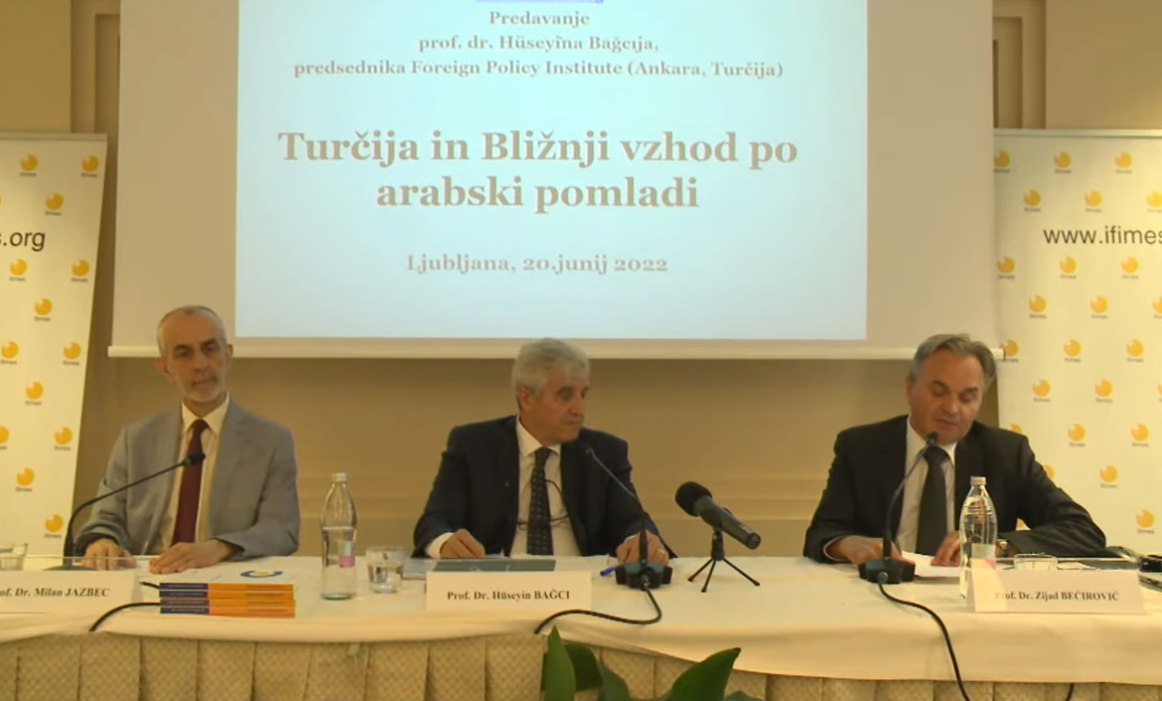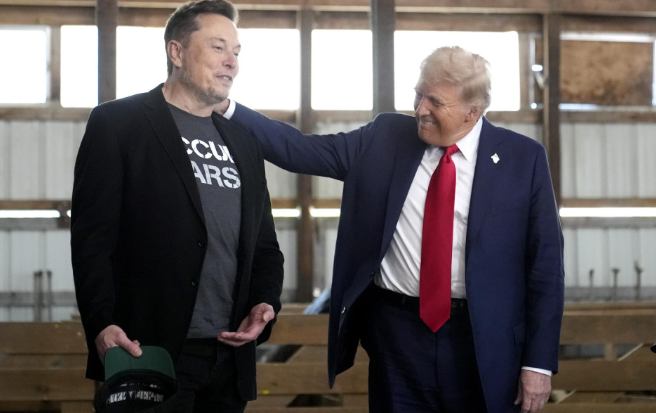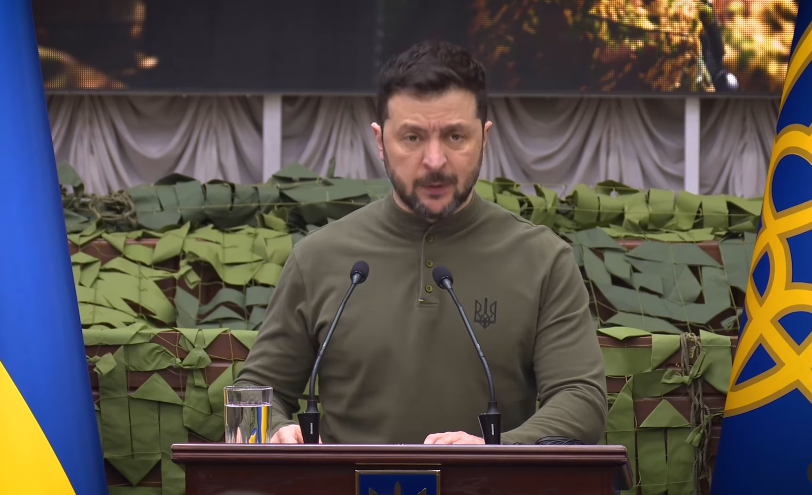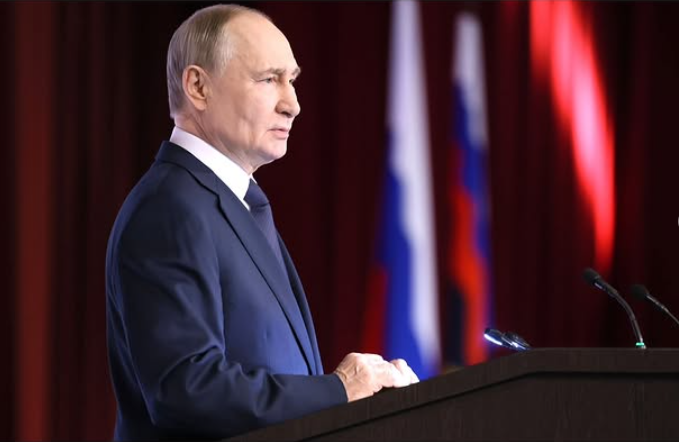(Ifimes) On 19 March 2023, presidential election will be held in Montenegro for the eighth time since the introduction of the multi-party system in this country and for the fourth time since its independence was proclaimed in 2006. 542,154 voters will be eligible to give a vote. The president of Montenegro is elected in a single national-wide constituency based on the two-round system. The candidates may not have dual citizenship and residence in another country.
Seven candidates will run in the presidential election: ● Milo Đukanović – candidate of the Democratic Party of Socialists (DPS) ● Jakov Milatović – candidate of the Europe Now Movement (PES) ● Andrija Mandić – candidate of For the Future of Montenegro coalition: Democratic Front (New Serb Democracy – Movement for Changes –Democratic People’s Party – Workers’ Party) – True Montenegro – Free Montenegro ● Jovan Radulović – independent candidate ● Goran Danilović – candidate of the United Montenegro ● Aleksa Bečić – candidate of the Democratic Montenegro ● Draginja Vuksanović Stanković – candidate of the Social Democratic Party of Montenegro (SDP).
Deciding between the past and the future
Montenegro declared independence and autonomy in 2006. The forthcoming presidential election in this country will be the first national level contest for power since the 2020 parliamentary election and after the Fundamental Agreement with the Serbian Orthodox Church was signed. Montenegro is prone to various influences, the most noted being that from Russia which has intensified its activities in this country after it became a NATO member. Montenegro has economic ties with Russia with 20% of its companies being in Russian ownership[2] (and another 20% of companies owned by Serbian citizens). On the other hand, China has power over Montenegro’s government finance through the loan it granted for the Bar-Boljare motorway,[3] thus controlling the key national investment and jeopardizing Montenegro’s public finances. According to the loan agreement China is in case of default entitled to access the assets of Montenegro as collateral. Construction of the motorway increased government debt to 83%[4] of GDP in 2021, but the incumbent government decreased it[5] to 73.4% in 2022. The former Montenegro government led by DPS launched the project despite dire warnings from Brussels and Washington. No other NATO member state is as vulnerable and dependent from Russia and China as Montenegro, which calls for the verification of NATO security certificates, starting from Montenegro President Milo Đukanović and other officials.
Although the first round of presidential election is yet to be held, the focus is on the second round scheduled for 2 April 2023.
Milo Đukanović (DPS) has been in power for 33 years and is running for the third presidential term. He is put in connection with numerous scandals related to bringing Russian investors, his foreign accounts, loans, companies in the country and abroad, as well as the illegal financing of DPS election campaign and gaining personal profit for himself and certain members of his family. Đukanović has a mortgage from the wartime past and was one of Slobodan Milošević’s closest associates. He refused to appoint new ambassadors and the formateur for the formation of the new government of Montenegro. Analysts believe that Milo Đukanović has missed the key chance to reform his DPS after losing the 2020 election, and that the reformed DPS with another candidate would win in the first round. The greatest damage to Montenegro’s interests was caused by Đukanović’s decades-long attempts to establish autocratic rule. He wants to surpass Josip Broz TITO in terms of the tenure of his reign, and thinks that he is the past, the present and the future of Montenegro. Đukanović represents a barrier to the operation of the incumbent government.
Andrija Mandić (DF) is the candidate of the pro-Serbian Democratic Front, the largest political alliance that advocates Montenegro’s withdrawal from NATO, revocation of the recognition of Kosovo’s independence and the lifting of sanctions against Russia, which Montenegro introduced in 2014 and 2022. Mandić states that his opponent Đukanović is the candidate of organised crime.
The leader of Democratic Montenegro Aleksa Bečić became the Montenegrin Assembly (Parliament) Speaker after Milo Đukanović lost the 2020 parliamentary election. He condemned Russian aggression against Ukraine and supported Euro-Atlantic integration. He insists that the state should never again be ruled by one man and one political party, having Đukanović and DPS in mind. Bečić enjoys the support from the United Reform Action (URA) civic movement led by Prime Minister Dritan Abazović. Bečić has the potential to unite the antagonists in Montenegro.
Jakov Milatović is the leader of the Europe Now Movement (PES), a non-parliamentary party founded shortly before the 2022 local elections in Podgorica where they received a substantial number of votes. Milatović supported the introduction of sanctions against Russia.
Analysts believe that the large number of presidential candidates has the effect of votes dispersion. The incumbent President Milo Đukanović is expected to win the most votes in the first round. Andrija Mandić, Aleksa Bečić and Jakov Milatović are competing for the second place in the first round. If Aleksa Bečić or Jakov Milatović make it to the second round, it is highly probably that they will defeat Milo Đukanović, while Andrija Mandić has a much weaker capacity to gather other parties in a coalition and to ensure wider support in the second round. If the winners of the 2020 parliamentary election had presented a common presidential candidate, Bečić or Milatović, they would have assured themselves victory already in the first round. It is the presidential election that determines the time and result of potential early parliamentary election. The forthcoming presidential election will also determine the future of DPS, which has not managed to undergo a fundamental reform and to assert itself as a party that has the power and knowledge to act as strong opposition. As a result, it records a constant trend of declining support among voters.
An important role of minority communities
The Albanian, Bosniak and Croat minority communities played an important role before and after proclaiming Montenegro’s independence. With their programmes, public and secret actions and frequent verbal nationalistic attacks and assaults against minorities, the pro-Serbian and pro-Russian opposition parties in Montenegro are actually pushing those minorities into the hands of Đukanović and DPS. Albanian and Bosniak political parties are aware that they can only build and strengthen their position in a strong and independent state of Montenegro being a full NATO and EU member. Albanians and Bosniaks have to build their future together with other citizens but without Đukanović, or else they would become the biggest collateral damage of Montenegro’s independence. However, without those minority communities, Montenegro could not have become an independent state.
The votes of minority communities were and still are decisive for all Đukanović’s victories and the victories of the civic option in Montenegro, notably bearing in mind the victory at the referenda on independence and NATO membership.
A short election campaign with a dirty run-off
The campaign for presidential election spanned over a very short period. The rhetoric was quite harsh with numerous incidents and innuendos.
The campaign lacked some innovative approaches, as most of the candidates merely repeated what they had been saying for many years. Nevertheless, it can be noticed that the candidates are softening their political rhetoric in order to reach a wider electorate. Although they come from different political parties, in can be noticed that some enjoy (un)disguised support from aboard.
Nevertheless, analysts have noted some offensive statements during the campaign, and even physical assaults against the candidate of the Europe Now Movement Jakov Milatović and death threats against candidates Milo Đukanović (DPS) and Draginja Vuksanović Stanković (SDP).
Involvement of Bosnia and Herzegovina in the election campaign
Milo Đukanović and Draginja Vuksanović Stanković are trying to involve Bosnia and Herzegovina, especially its political elements, in the election campaign. The thesis is that Montenegro, which is a NATO member, allegedly needs to be defended and protected by Bosnia and Herzegovina, which is not a NATO member and which is vulnerable and threatened by numerous internal and external hazards and threats.
Đukanović is animating the media, individuals, non-governmental organizations and civil society in Bosnia and Herzegovina in order to supposedly protect Montenegro as an endangered NATO member, while he is actually trying to protect his political survival in power and also in freedom. Attempts are being made to carry out the process of “humanisation” of his actions as a member of Slobodan Milošević’s criminal enterprise and defence of his character and deeds.
EU to be blamed for the deadlock in the enlargement process
After the fall of Đukanović’s regime, it has often been suggested that the incumbent government of Montenegro is responsible for slowing down the country’s European integration process. However, it has been overlooked that the EU itself stopped the process since it does not know whether and when the enlargement would take place. At the moment it is the EU that does not want the enlargement, and not the elites from Montenegrin or other West Balkan states. Intensification of the enlargement policy will lead to strengthening the security, building resistance to foreign interference, solving the challenges posed by migration, and improving the efficiency of fight against terrorism, organized crime and corruption.
The EU has to adopt strategic decisions on enlargement and its timeline. The undefined position of West Balkan states pushes them away from the EU and creates additional internal tensions. EU member states must show visionary capacity when it comes to the enlargement process, because without its past enlargement the EU would never have seen such expansion. The uncertainty regarding the EU enlargement process benefits that part of the public in the Western Balkans which opposes membership of their countries in the EU and is in favour of EU’s rivals and enemies. If the EU does not proceed with the enlargement to the West Balkans, Russia will do it. (Ifimes)
Ljubljana/Brussels/Washington/Podgorica, 17 March 2023
Footnotes:
[1] IFIMES – International Institute for Middle East and Balkan Studies, based in Ljubljana, Slovenia, has had Special Consultative status at ECOSOC/UN, New York, since 2018.
[2] Source: Russians own 20 percent of companies in Montenegro, link: https://www.bankar.me/2018/07/23/rusi-vlasnici-20-odsto-firmi-u-crnoj-gori/
[3] The research conducted by the Center for Global Development from Washington identified Montenegro as one of the eight countries faced with the risk of not being able to service their public debt because of their projects related to China. The other seven countries are: Pakistan, Tajikistan, Kirgizstan, Mongolia, Lao, Maldives and Djibouti. (link: https://www.slobodnaevropa.org/a/kina-crna-gora-auto-put/30144498.html , link: https://www.slobodnaevropa.org/a/bar-boljare-autoput-do-du%C5%BEni%C4%8Dkog-ropstva-/29435614.html ).
[4] AA: Montenegro government debt accounted for 83% of GDP, link: https://www.aa.com.tr/ba/ekonomija/javni-dug-crne-gore-83-odsto-bdp-a/2552384
[5] Al Jazeera: How indebted are the Balkan states? Link: https://balkans.aljazeera.net/news/economy/2023/1/29/zapadni-balkan-ucesce-javnog-duga-u-bdp-u







Leave a Reply